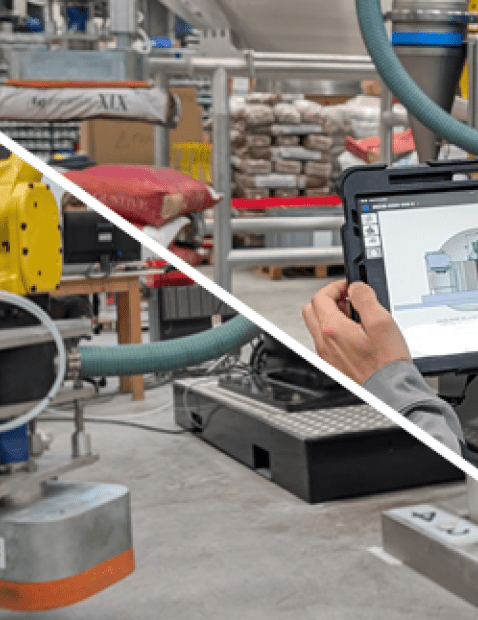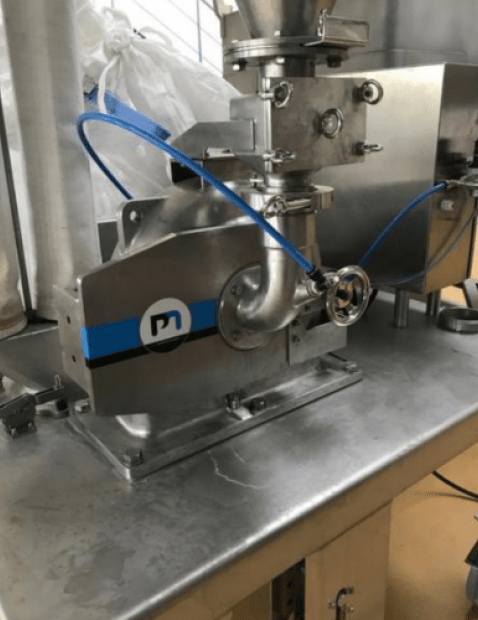
1. What are the powders used in the manufacture of instant ready meals?
The prepared meals industry, also known as instant ready meals or frozen meals, includes a variety of products such as: pasta, ravioli, meats and sauces, ice cream, pies, puff pastries, burgers, purees, vegetables, soups, cakes, etc.
The manufacture of these ready meals requires a wide variety of powders: onion powder, garlic powder, starch powder, potato starch powder, vegetable powder, spicy powder, curry powder, chili powder, yeast powder, paprika powder, herb powder, dried fruit powder, tomato powder, salt, maltodextrin, cherry powder, etc.
2. What is the standard industrial process for the manufacture of instant ready meals?
The standard industrial process for the manufacture of prepared meals generally includes the following steps:
- Preparation and pre-treatment of food ingredients: This may include peeling, cleaning, chopping, cutting and canning food products beforehand.
- Preparation of recipes: The different ingredients for each recipe must be mixed and prepared based on established recipe instructions.
- Cooking or other forms of recipe processing: Several methods can be used, such as pan-frying, sautéing, steaming, cooking, boiling, etc.
- Cooling and freezing of dishes: Dishes should be cooled quickly to prevent the spread of bacteria. Freezing can then be carried out for certain products.
- Packaging and sealing of dishes: The dishes must then be packaged and sealed in suitable containers to guarantee the hygiene and food safety of the production chain.
- Packaging, distribution and storage: Meals are packaged and stored until they are distributed or sold.

You wish to install equipment adapted to
food safety in your factory? I can help you.
Guillaume, powder expert
3. What are the current standards in the prepared meals industry?
Each prepared meal production process must meet strict standards in terms of transparency, safety and food hygiene.
- Regulations on food ingredients: The regulations on food ingredients define the criteria with which foods and ingredients intended for sale must be compliant for safety.
- Regulations on labeling and nutritional information: The regulations on labeling and nutritional information require companies in the food industry to clearly mention on the packaging information relating to the composition and nutritional information of the product.
- Food hygiene and safety regulations: The food hygiene and safety regulations define the requirements in terms of prevention and management of food risks to prevent food contamination.
- Food chain processing regulations: Food chain processing regulations impose requirements and controls on all stages of food production and processing, from raw materials to processing and final sale.



















